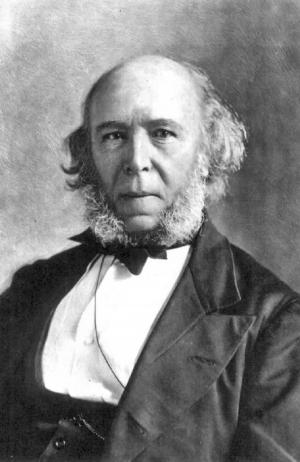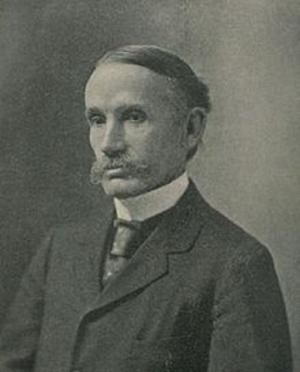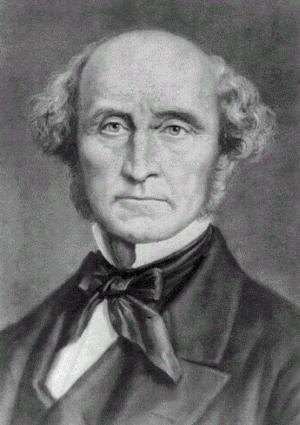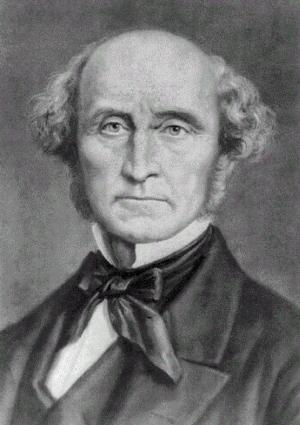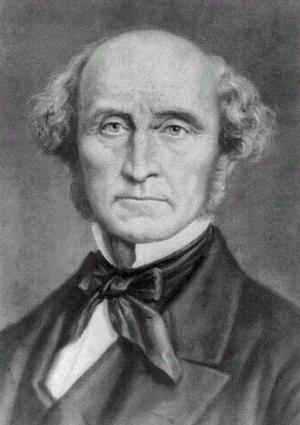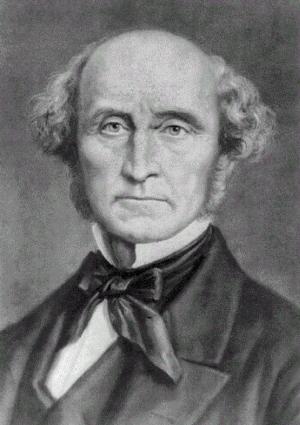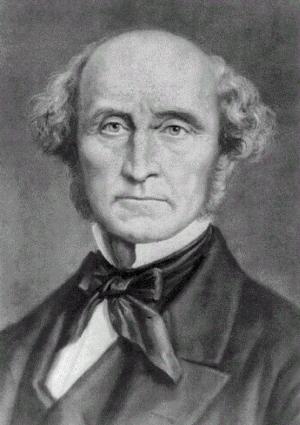Imperial Germany and the Industrial Revolution (Illustrated)
Business & Finance, Economics, Macroeconomics, Theory of Economics| Author: | Thorstein Veblen | ISBN: | 1230000269072 |
| Publisher: | AS Team | Publication: | September 19, 2014 |
| Imprint: | Language: | English |
| Author: | Thorstein Veblen |
| ISBN: | 1230000269072 |
| Publisher: | AS Team |
| Publication: | September 19, 2014 |
| Imprint: | |
| Language: | English |
This book has an active table of contents to access each chapter.
Thorstein Veblen is a great American economist along with Irving Fisher and John Bates Clark in many economic thoughts for combining a Darwinian evolutionary perspective with his new institutionalist approach to economic analysis. He developed a 20th-century evolutionary economics based upon Darwinian principles and new ideas emerging from anthropology, sociology, and psychology. Veblen’s important works includes The Theory of the Leisure Class and The Theory of Business Enterprise.
In reference to the rise of German, Veblen expounded the theory of latecomer advantage and emphasized the special leg-ups that a latecomer country may enjoy in catching up in the Modern Industrial System, which is a new stage of capitalism revolutionized by the machine process.
No matter which of Veblen’s books we open, we can find the idea that life in a modern industrial community is the result of a polar conflict between 'pecuniary employments' and 'industrial employments', between 'business enterprise' and 'the machine process', between 'vendibility' and 'serviceability'-in short, between making money and making goods.
It is in these terms that Veblen describes modern industrial civilization. As we read him, we have the feeling that something is being explained.
This is a must read book for readers who are interested in the view and explanation of Germany from one of the greatest American economists.
This book has an active table of contents to access each chapter.
Thorstein Veblen is a great American economist along with Irving Fisher and John Bates Clark in many economic thoughts for combining a Darwinian evolutionary perspective with his new institutionalist approach to economic analysis. He developed a 20th-century evolutionary economics based upon Darwinian principles and new ideas emerging from anthropology, sociology, and psychology. Veblen’s important works includes The Theory of the Leisure Class and The Theory of Business Enterprise.
In reference to the rise of German, Veblen expounded the theory of latecomer advantage and emphasized the special leg-ups that a latecomer country may enjoy in catching up in the Modern Industrial System, which is a new stage of capitalism revolutionized by the machine process.
No matter which of Veblen’s books we open, we can find the idea that life in a modern industrial community is the result of a polar conflict between 'pecuniary employments' and 'industrial employments', between 'business enterprise' and 'the machine process', between 'vendibility' and 'serviceability'-in short, between making money and making goods.
It is in these terms that Veblen describes modern industrial civilization. As we read him, we have the feeling that something is being explained.
This is a must read book for readers who are interested in the view and explanation of Germany from one of the greatest American economists.


